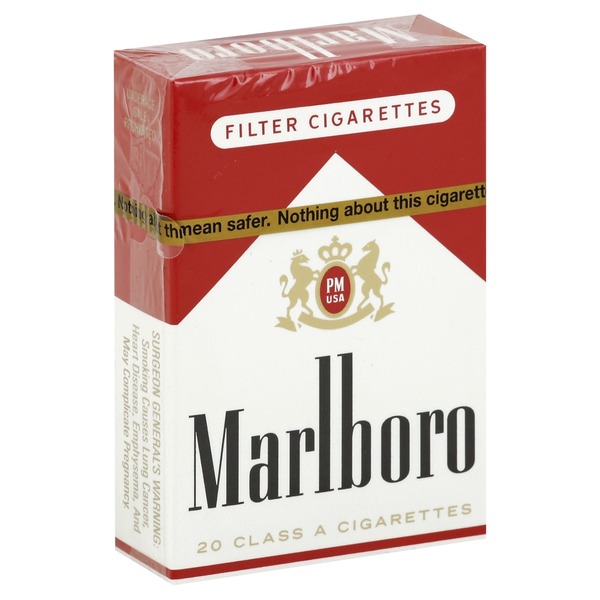Marlboro, the best-selling cigarette brand, has conquered the market since 1972. It is owned by Philip Morris. Marlboro has been manufacturing and selling cigarettes since 1908, but officially launched the brand in 1923.

The hurdle
In 2010, the government of India banned the Foreign Direct Investment on manufacturing in the tobacco sector, which held back many international firms from manufacturing tobacco products and were even forced to exit the joint ventures they had in the Indian market.
Philip Morris operates through Godfrey Phillips in India, owning 25 percent of the stake in the company.
Effect on the other firms
The law enforcement led the international firm Japan Tobacco to exit its joint venture in India. Philip Morris was also on the verge of a setback, when they found a loophole in the law which banned FDI in tobacco sectors.

The FDI laws were made applicable to new ventures which focused on direct investment, and the old companies were safe without losing their share in the Indian company. But the appeals of the foreign companies to increase their stakes in the Indian companies were held in abeyance until the new law was enforced and were disapproved on the grounds that the appeals would entail fresh FDI.
The loophole
The mantra followed by Philip Morris was an unexpected one, which shook the entire market in awe. If not ‘Direct’, why not try ‘Indirect’, as there was some ambiguity in the FDI policy about the indirect payments for manufacturing expenses.

Also Read: How Harsh Vardhan Lodha Changed Fortunes For The MP Birla Group
With the legal arrangements, bills and internal invoice, the company struck an exclusive deal with Godfrey Phillips for local manufacturing. This seemed like the company had outsourced manufacturing to Godfrey Phillips on a contract basis, but it actually was a payment made for covering the cost of local manufacturing, which included the cost of types of equipment like barcode scanner and cigarette making machines. This kind of contract is highly unusual when a company outsources manufacturing.
The conflict
There has always been a conflict between the brand and the Indian government. Earlier, in 2017, the company was reprimanded for handing out free cigarettes during nightlife events and TV promotions, as a marketing tactic.
The Indian government was even considering to extend the FDI ban in the tobacco sector, not just in manufacturing, but also in licensing and technology collaboration. But the protests from the trade groups and farmer associations made the government put the proposal on hold.












